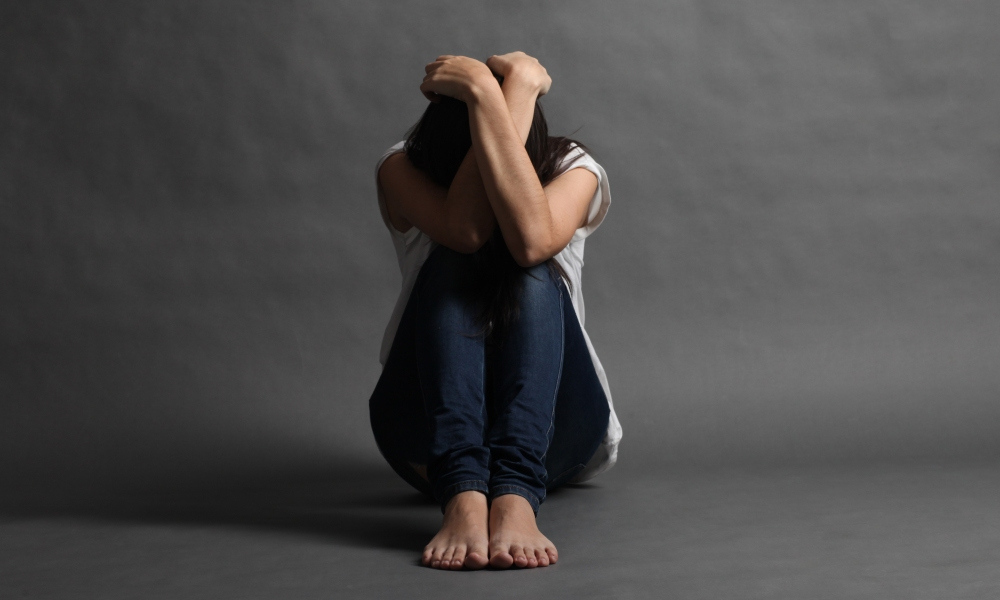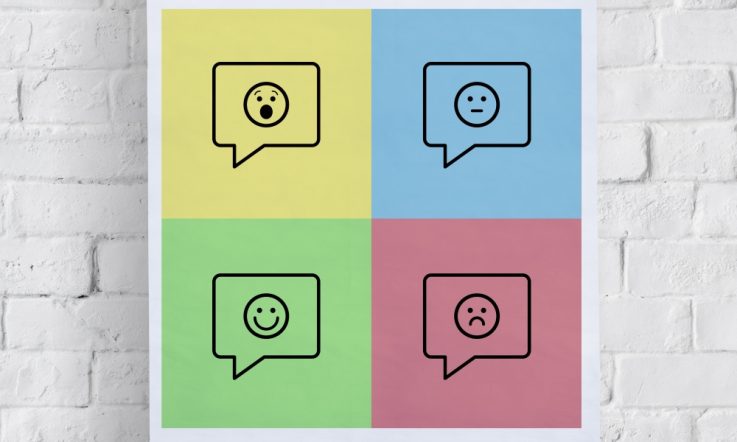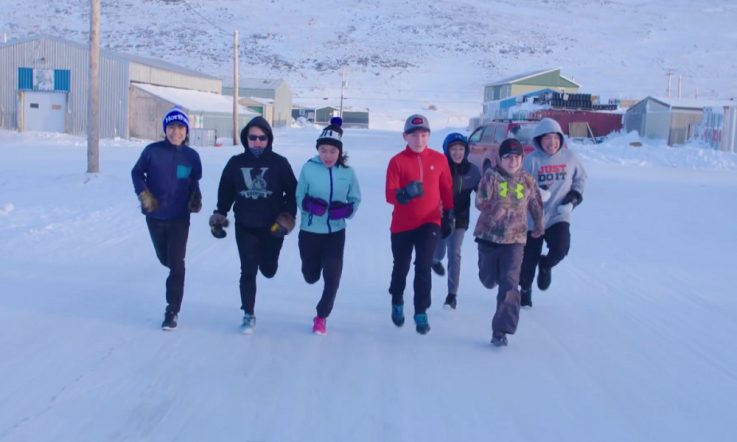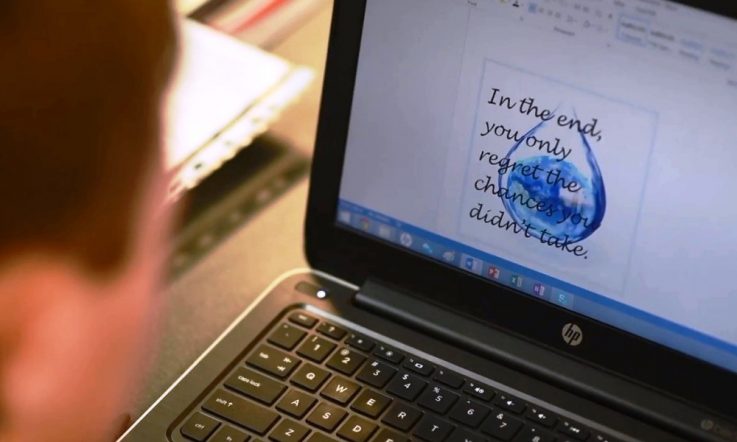Mental health is now the number one national concern for young people in Australia, according to Mission Australia's annual Youth Survey – the first time in its 16 year history. Coping with stress, body image and depression also take out three of the top four spots in the list of personal concerns.
Just over 24 000 young people aged 15 to 19 took part in the 2017 survey. One-third (33.7 per cent) considered mental health the most important issue in Australia today, up from 20.6 per cent last year and 14.9 per cent in 2015. Alcohol and drugs (32 per cent), equity and discrimination (27.3 per cent), international relations (13.6 per cent) and education (13 per cent) completed the top five in this year's survey.
When asked about issues of personal concern, 45.3 per cent said they were ‘extremely concerned' or ‘very concerned' about coping with stress. School or study problems came in second spot (35.6 per cent were ‘extremely concerned' or ‘very concerned'), followed by body image (31.1 per cent), depression (23.7 per cent) and family conflict (20 per cent). Other results for this question include 15.3 per cent being ‘extremely concerned' or ‘very concerned' about bullying and emotional abuse, and 12.9 per cent about suicide.
Mission Australia CEO James Toomey says important work is already taking place to destigmatise mental health issues, but the survey data suggest much more needs to be done. ‘Young people need a coordinated, comprehensive and cohesive national response to ensure they can access the right mental health supports when they need them. It makes sense to invest in universal mental health programs in schools, as well as community-based mental health services, and to design services with young people to ensure they are youth friendly.'
The survey asked young people where they would go for help in dealing with issues in their life. The top three answers were friends, parents, and a relative or family friend (84.4 per cent, 77.7 per cent and 61.3 per cent, respectively). Half of those surveyed said they would look for help on the internet, four in 10 said they would seek support from a teacher and one-third said they would go to a school counsellor.
Discussing these findings, the Mission Australia Youth Survey Report 2017 says: ‘Young people need to feel confident seeking help and know where to turn. Equally those who young people turn to for support must be equipped with the information and resources to effectively help young people in times of need. In light of rising concerns about mental health, young people's tendency to turn to friends should be recognised as an opportunity to educate young people about “mental health first aid” and provide peer support networks.'
The report says females reported higher levels of concern in relation to personal issues like coping with stress, body images and depression, were more likely to choose mental health as a national concern and, according to previous Mission Australia research, were around twice as likely to meet the criteria for having a probable serious mental illness. ‘A gendered approach to the mental health of young people is therefore required that takes into account help seeking preferences, as well as other social pressures such as gender-based discrimination and ideals of appearance.'
It adds ensuring Aboriginal and Torres Strait Islander young people have access to culturally sensitive and age appropriate mental health services is essential. ‘Intergenerational disadvantage must also be addressed as a priority, with efforts led by Aboriginal elders and communities.' In the 2017 survey, coping with stress also came out as the top personal concern for Aboriginal and Torres Strait Islander participants and one in five (20.1 per cent) said they were ‘extremely concerned' or ‘very concerned' about suicide.
References
Bullot, A., Cave, L., Fildes, J., Hall, S. & Plummer, J. (2017). Mission Australia Youth Survey Report 2017, Mission Australia.
For help or information call Lifeline on 13 11 14, Kids Helpline on 1800 55 1800 or visit beyondblue.org.au.
As a school, how are you assessing the social and emotional needs of students?
As a school leader or classroom teacher, how are you supporting student wellbeing?
When developing school wellbeing policies, programs and support networks, what role does student voice play? Do you ask your students what issues are important to them and what they’d like help with?



